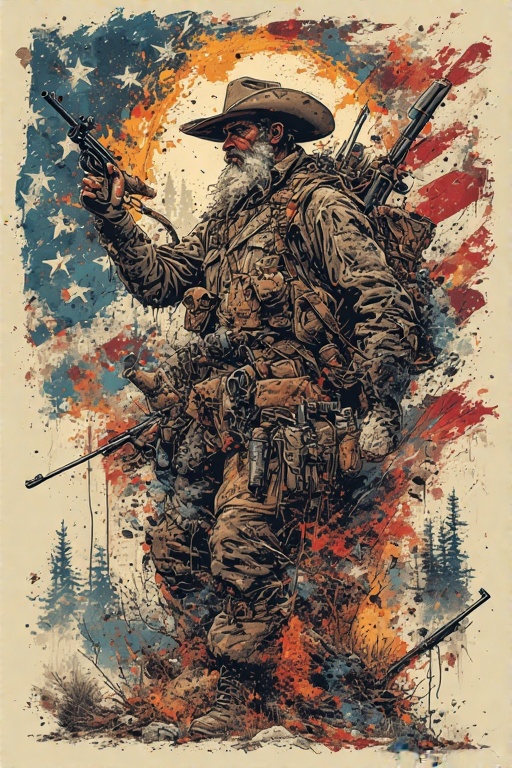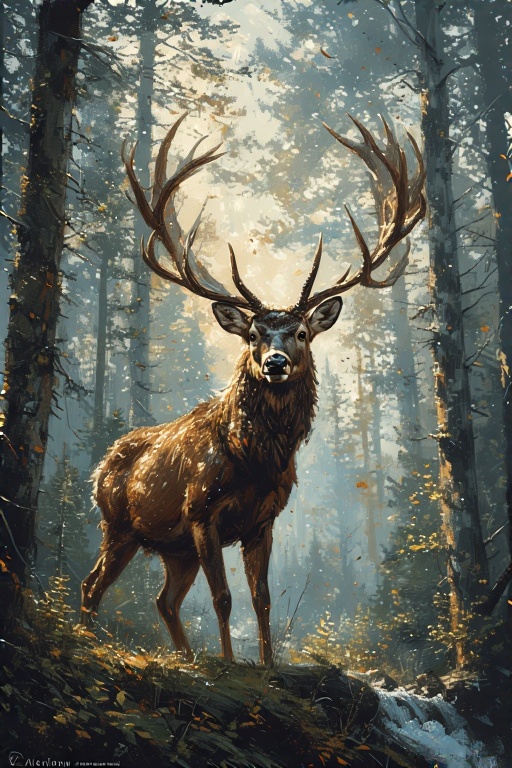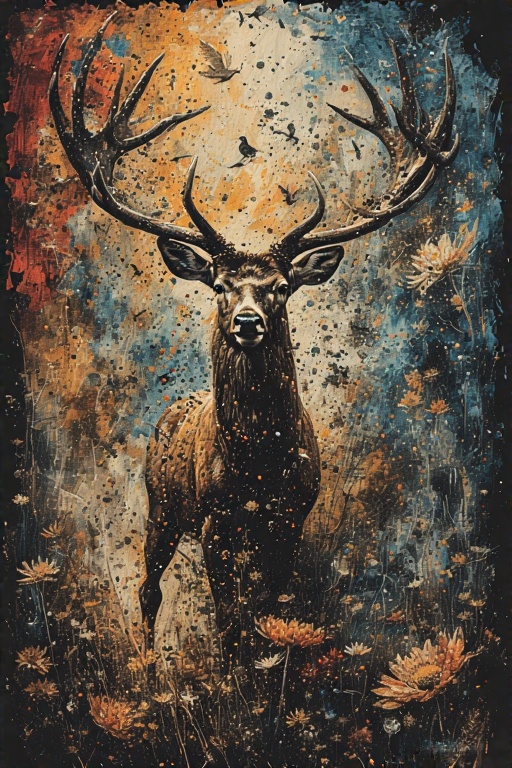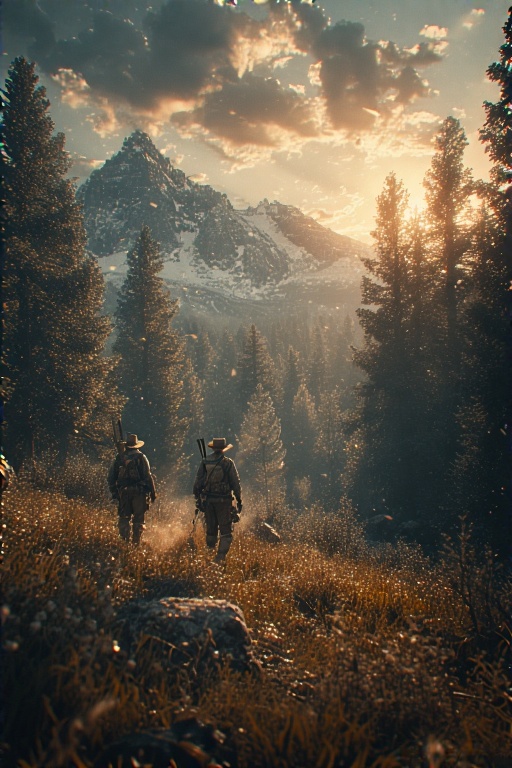
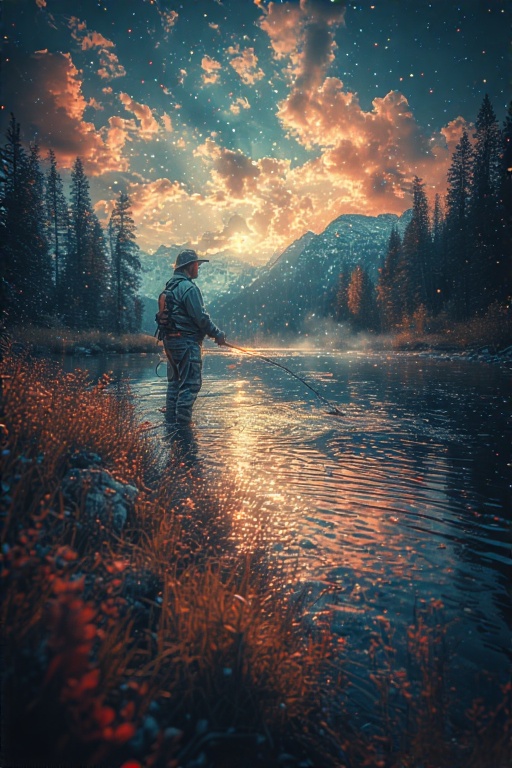
There are several reasons why hunting, fishing, and trapping are coming to an end in America.
The first reason is that Gen Z and Millenials cannot afford homes. We are all in tiny little apartments. Without a home, someone who wants to participate in hunting, fishing, or trapping — or even just learn about it — has nowhere to process or store meat, store gear, tools, and supplies, clean fish, boil traps, skin animals, etc.
Can a person get really creative and make things work? Possibly, with the right community of mentors and volunteers, but that's the exception, rather than the rule.
Sure, you can rent a truck for the day, and work with a meat processor, but where are you going to store hundreds of pounds of meat in your apartment? You could get a handful of other hunters together and rent a pallet freezer space, but all of these workarounds end up being cumbersome, time consuming, costly, and logistically questionable.
Of course, it's not impossible, for someone dedicated enough. But most people are not even going to start in the first place knowing all the barriers before them.
Every generation since the baby boomers has seen a decline in the number of hunters. In 1980, over 17 million hunters were licensed; in 2023, it dropped to around 11 million. The US population has increased from the silent generation of 50 million people to nearly 350 million now.
Boomers are not largely concerned about passing on the torch to the next generation of hunters, fishers, and trappers. And you can't learn to hunt or trap from YouTube alone — it takes an elder, friend, or mentor. With boomers aging out, there’s a massive gap in practical knowledge transfer. Youth focused programs dominate sportsman's education. Adult mentorship programs are few and far between, as well as underfunded.
While it's politically and socially "safer" to "get kids outdoors" than to equip new adult hunters, there is an entire generation of potential new hunters who are adults. However, no true apprenticeship model exists for most adult learners. Adult focused programs fill up very quickly, which further discourages new hunters from participating.
Many new hunters start late and give up without guidance. Just look at your state's success chart for past year's hunts; you'll likely see around a 20% success rate. How many young people are going to endure that year after year when they are taught to seek instant gratification?
Parents avoid teaching hunting, fishing, or trapping because firearms, knives, and wild animals are "too dangerous." Schools have dropped outdoor programs and archery over insurance and PR fears. Essentially, three generations have been raised with a "stay inside" risk aversion mentality.
Without a home, sportsman activities are a dream that's out of reach for most of us. Not only is the lack of a home, and space, an issue, but the cost of living is so prohibitive now that most middle class people cannot afford all of the tools and gear involved with being a sportsman. A nice fly fishing setup can cost $5,000 or more. A nice hunting setup? You're looking at upwards of $12,000.
